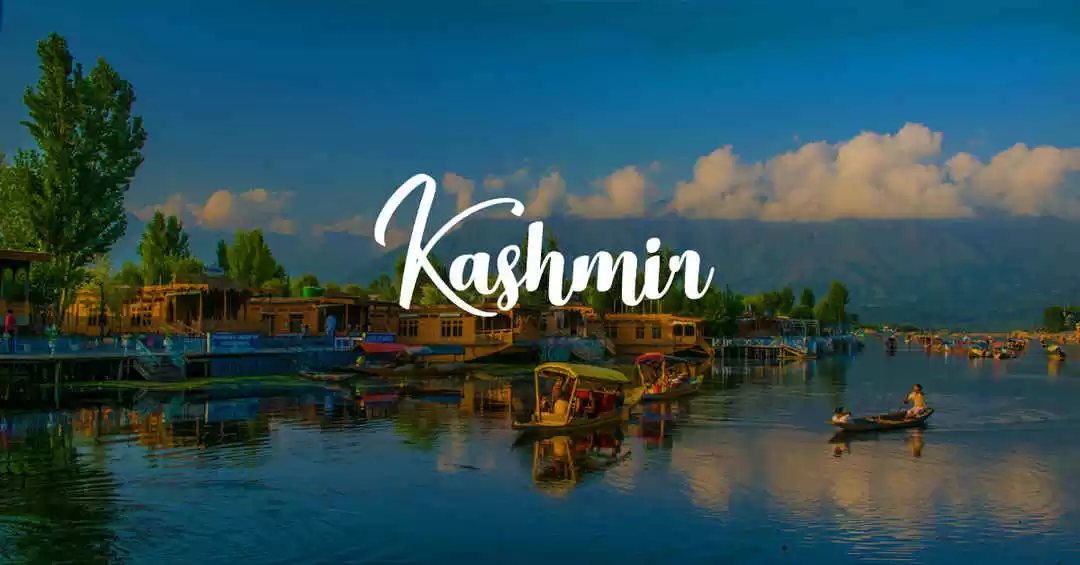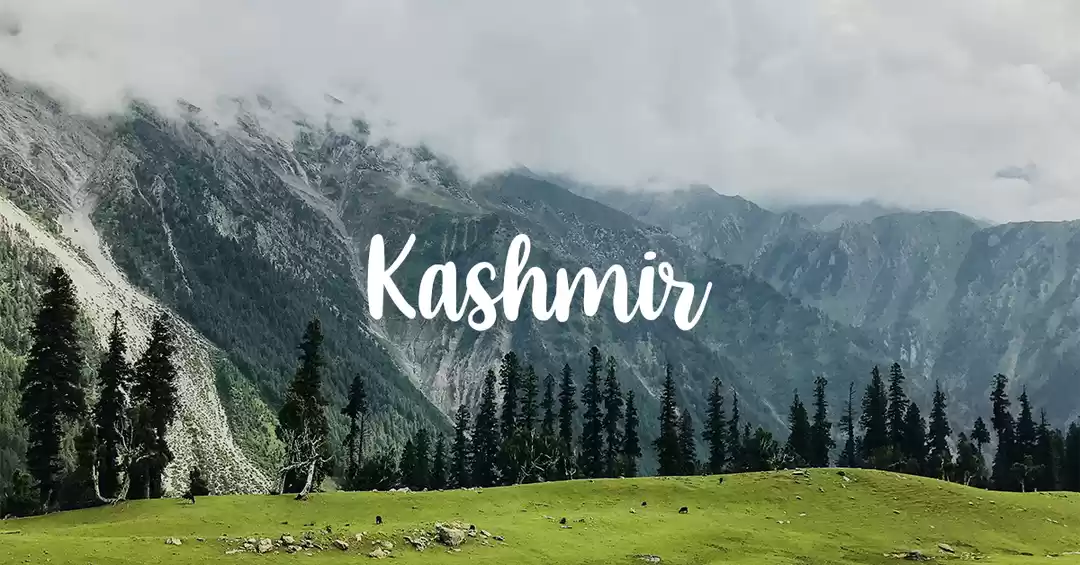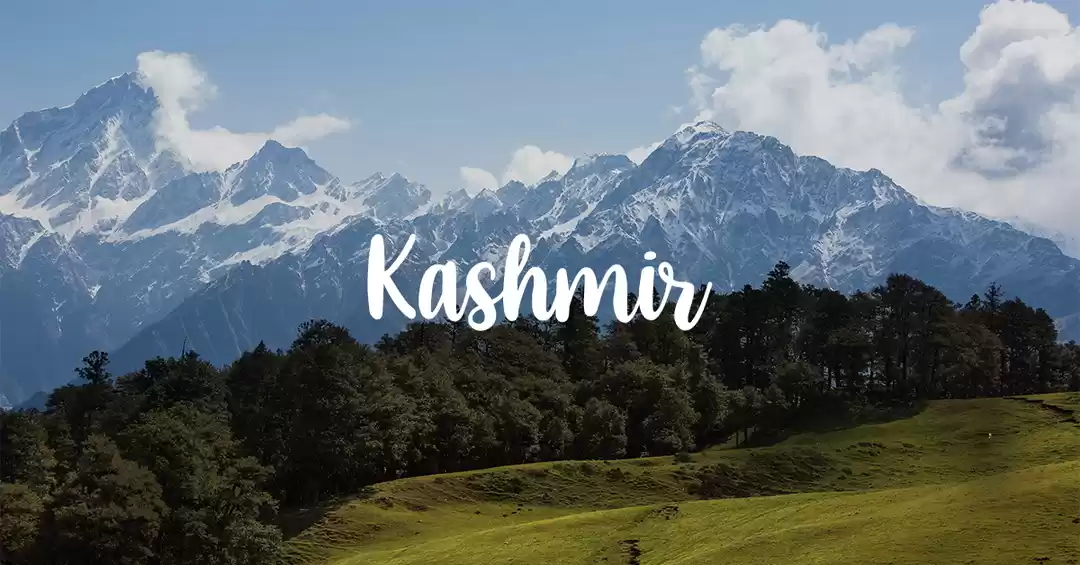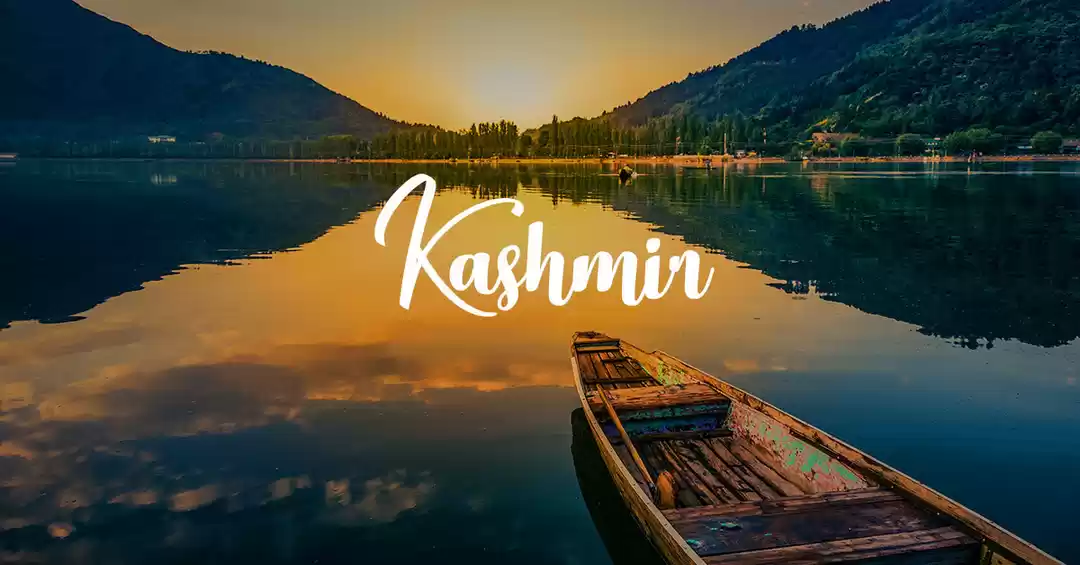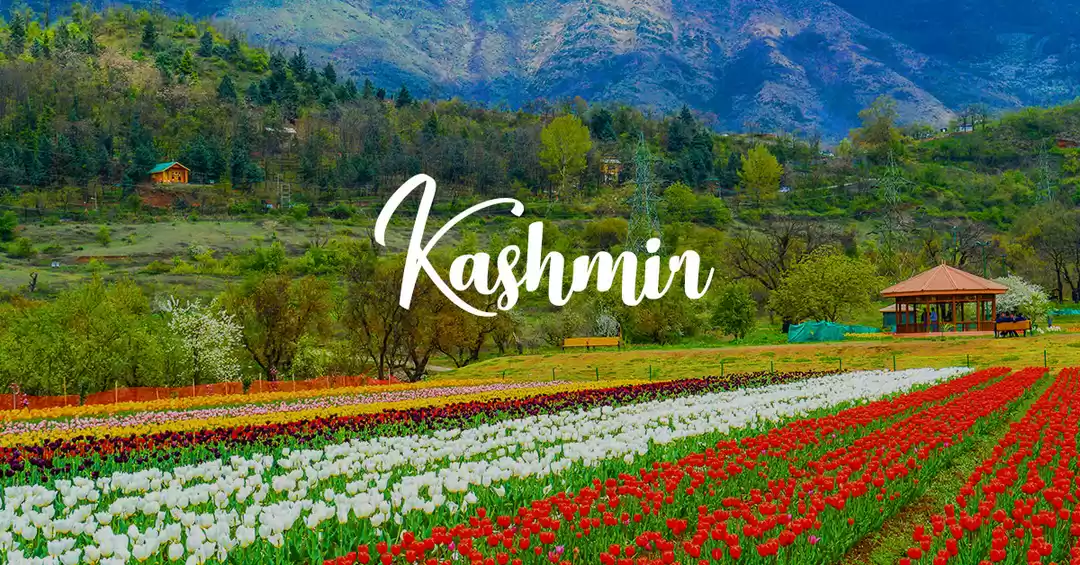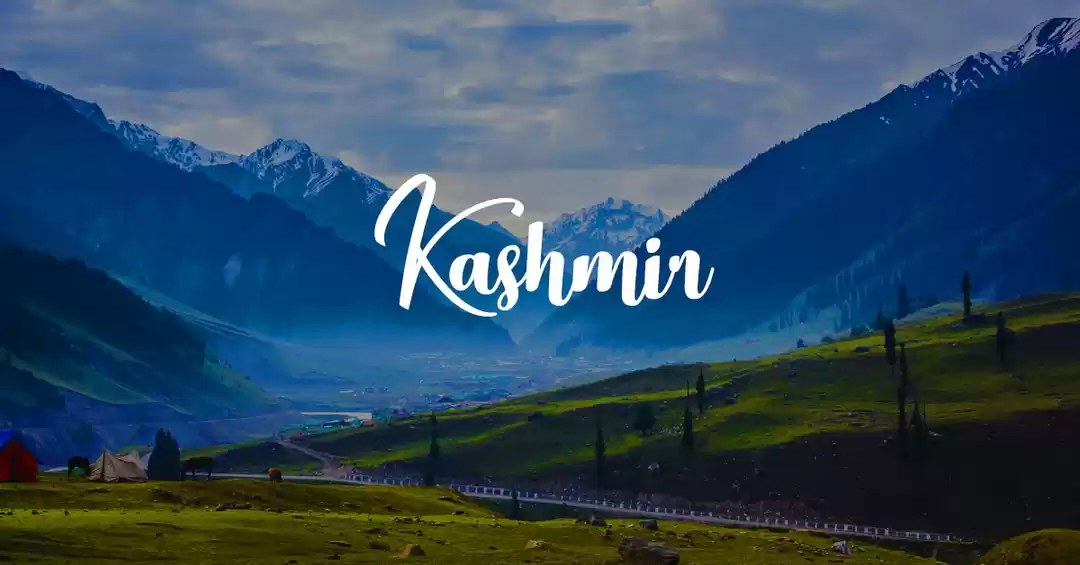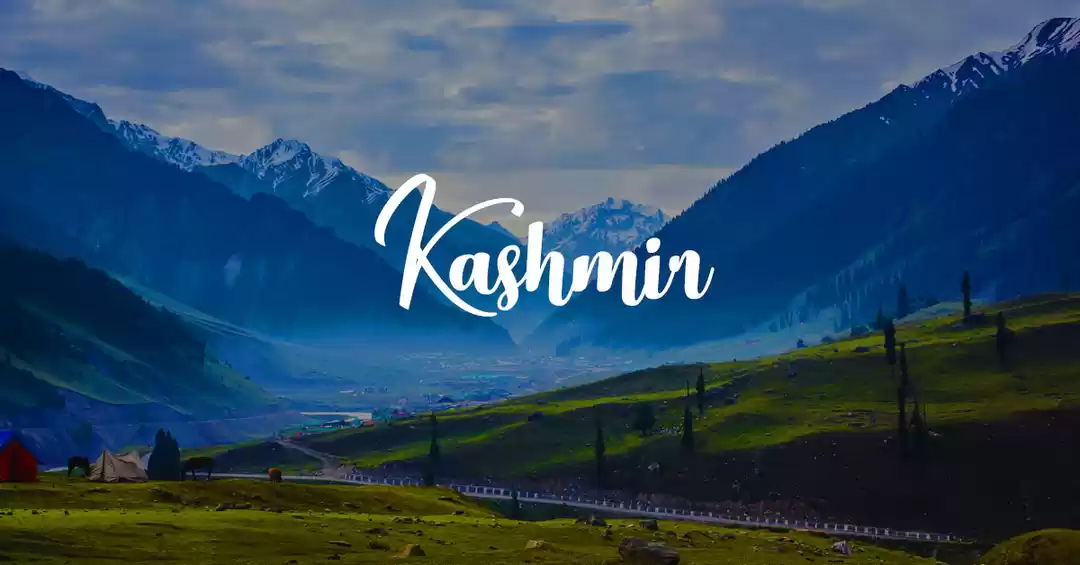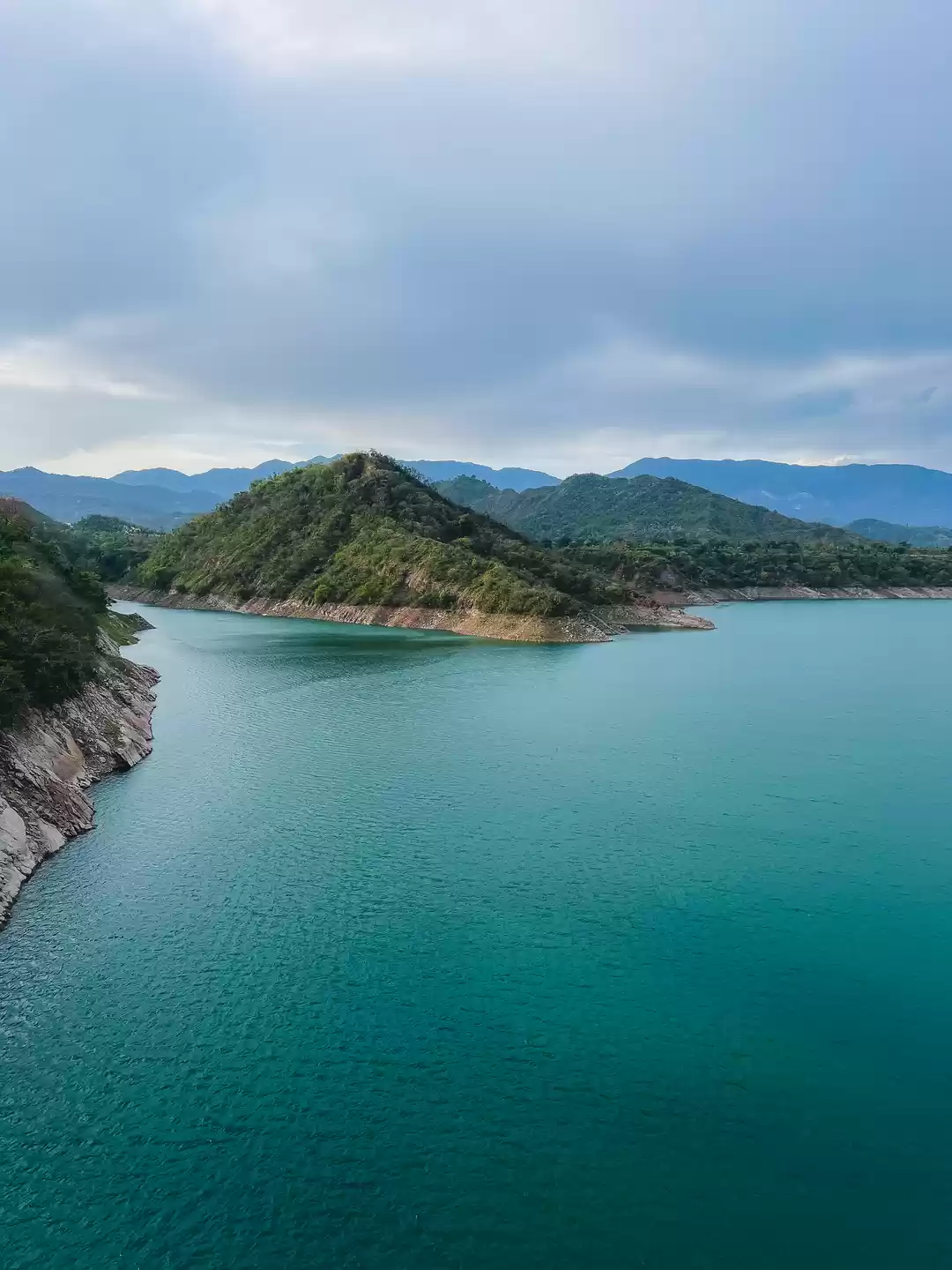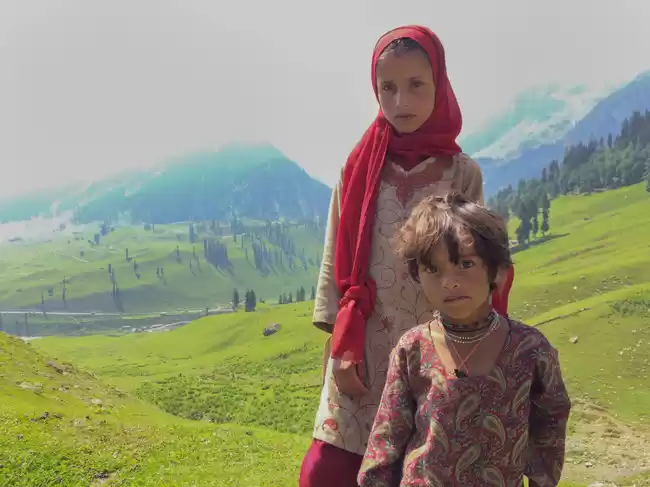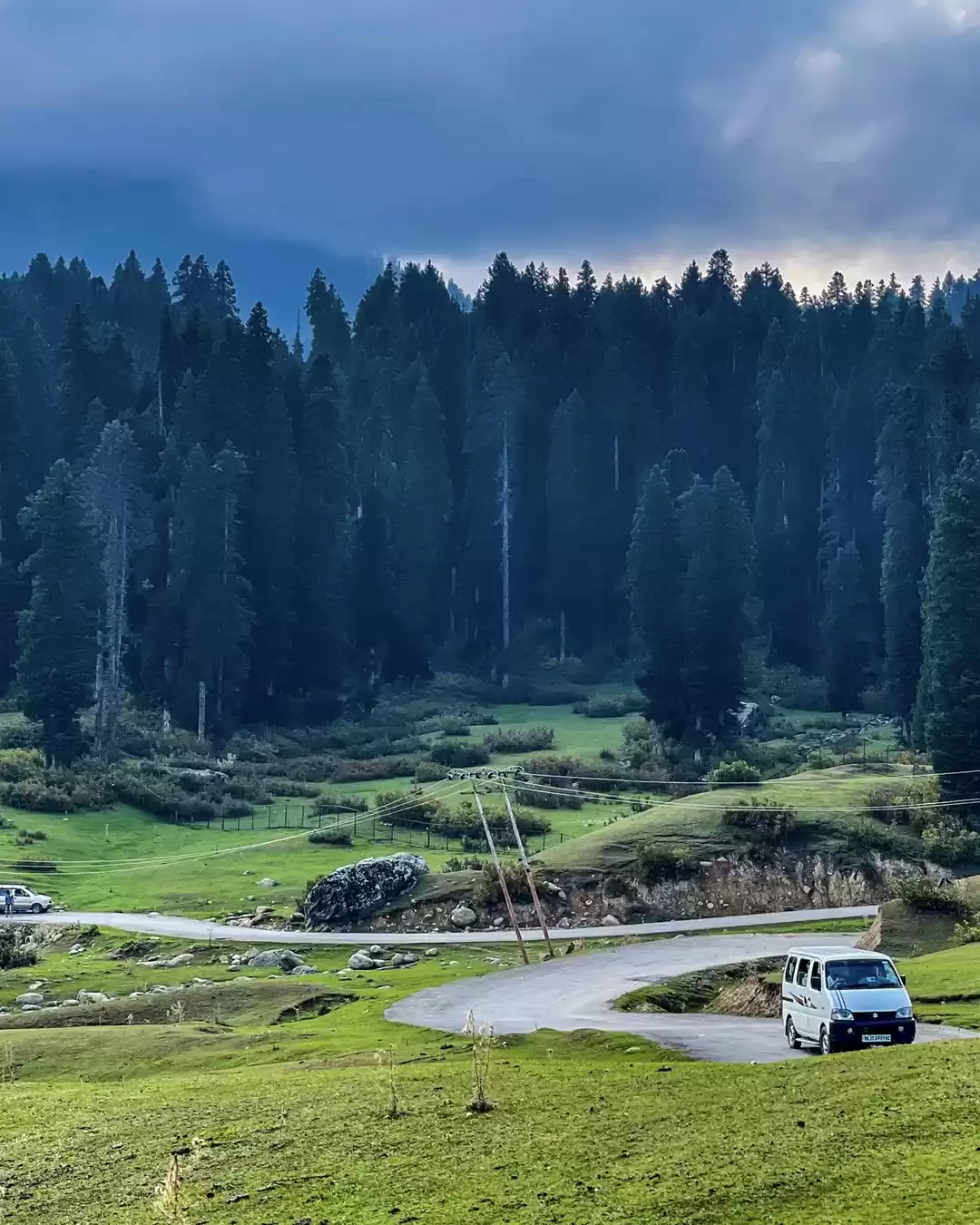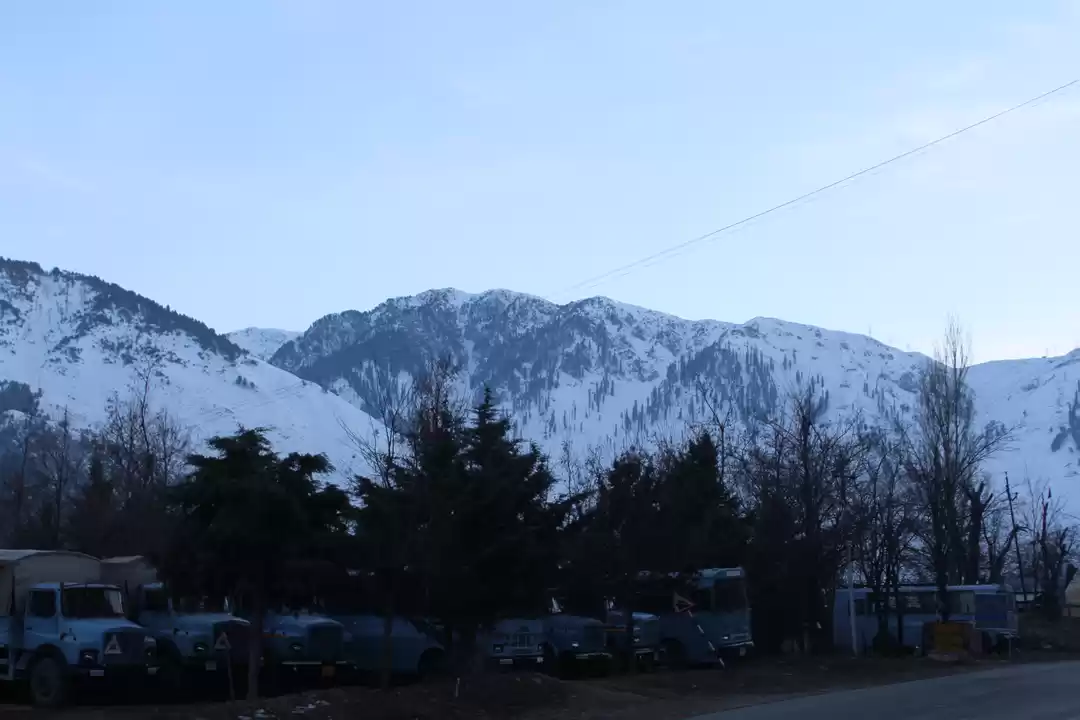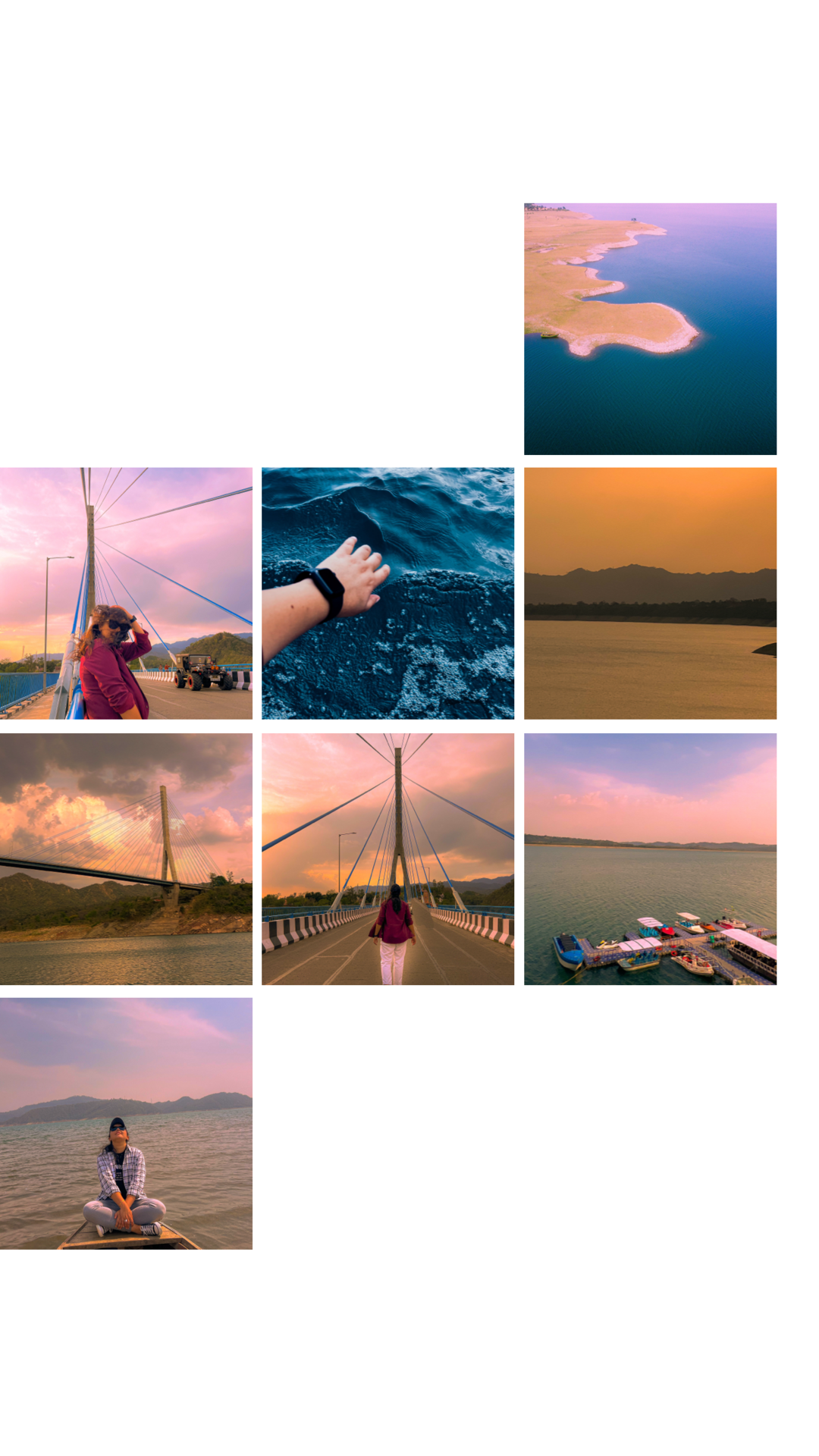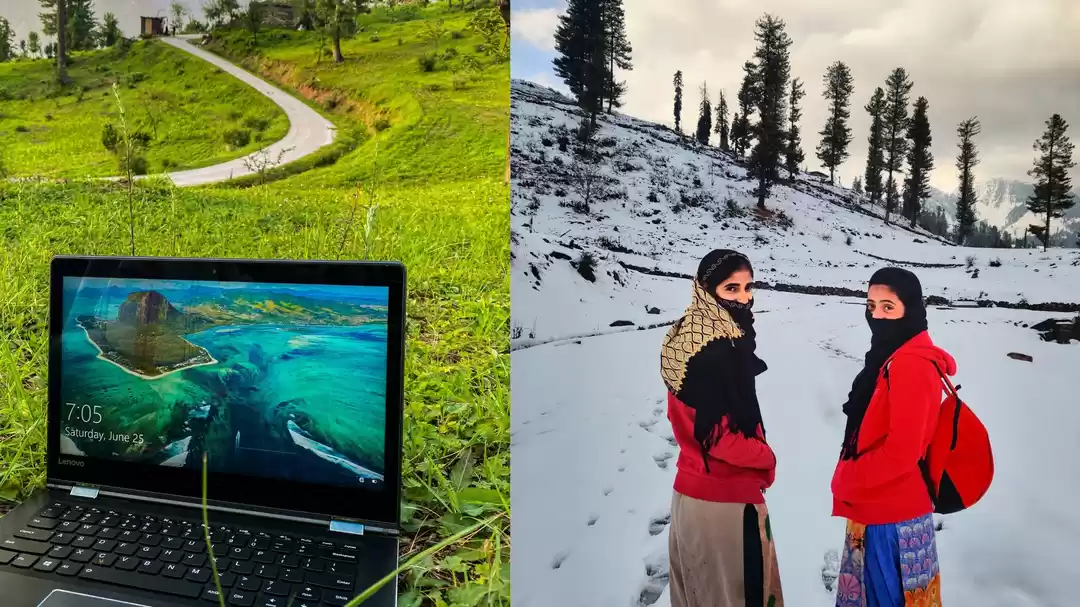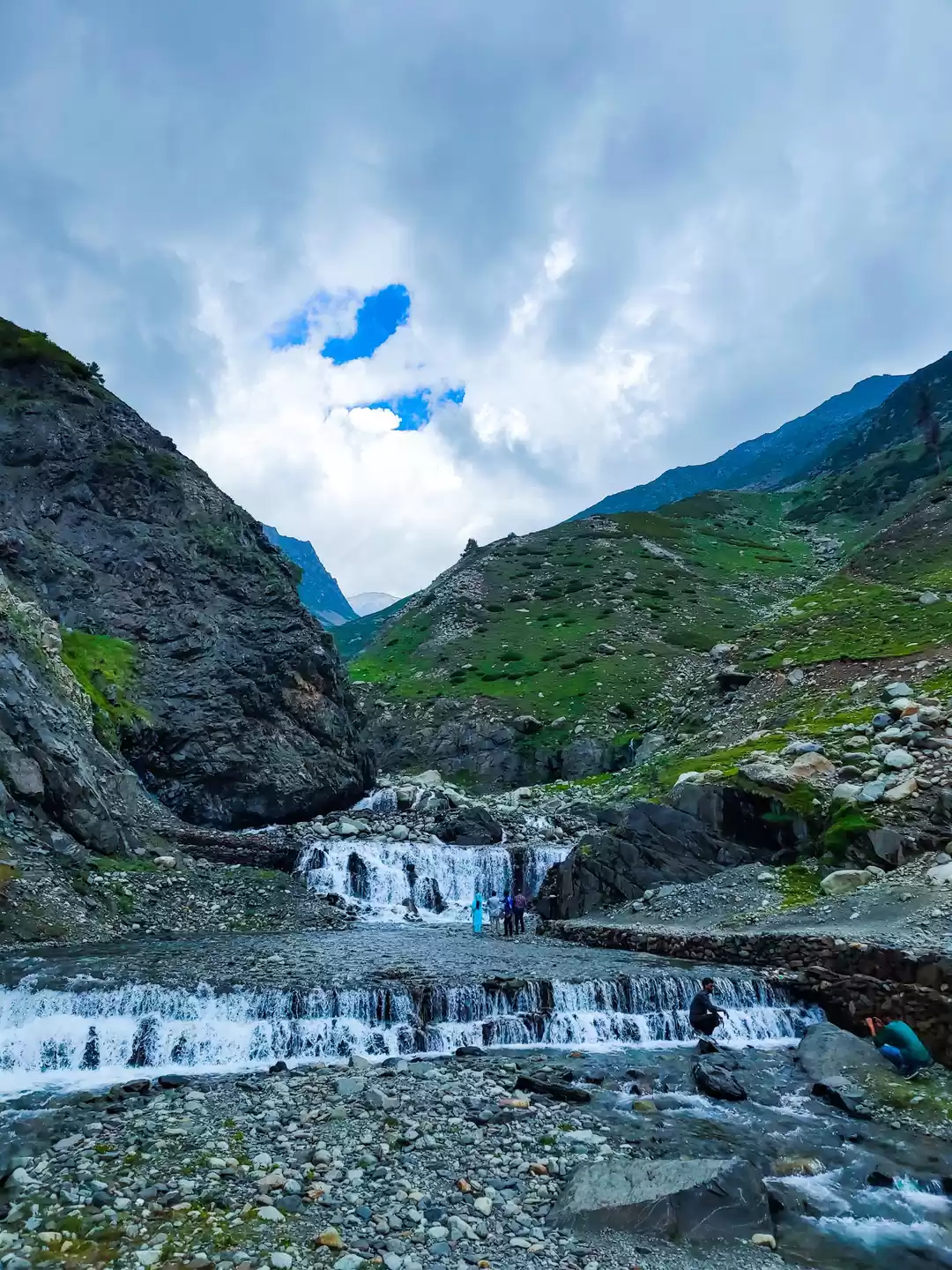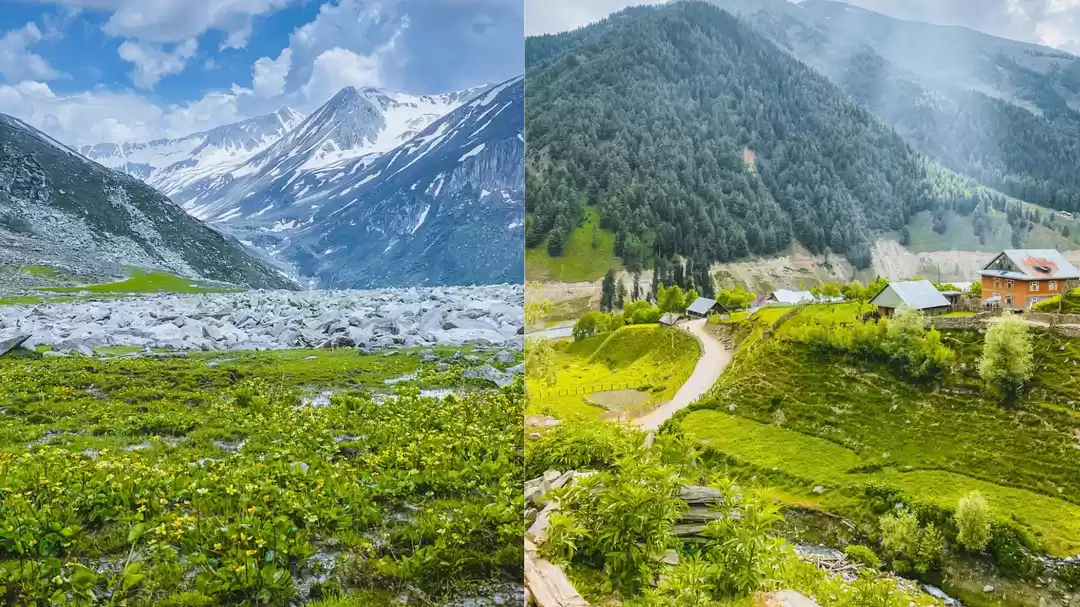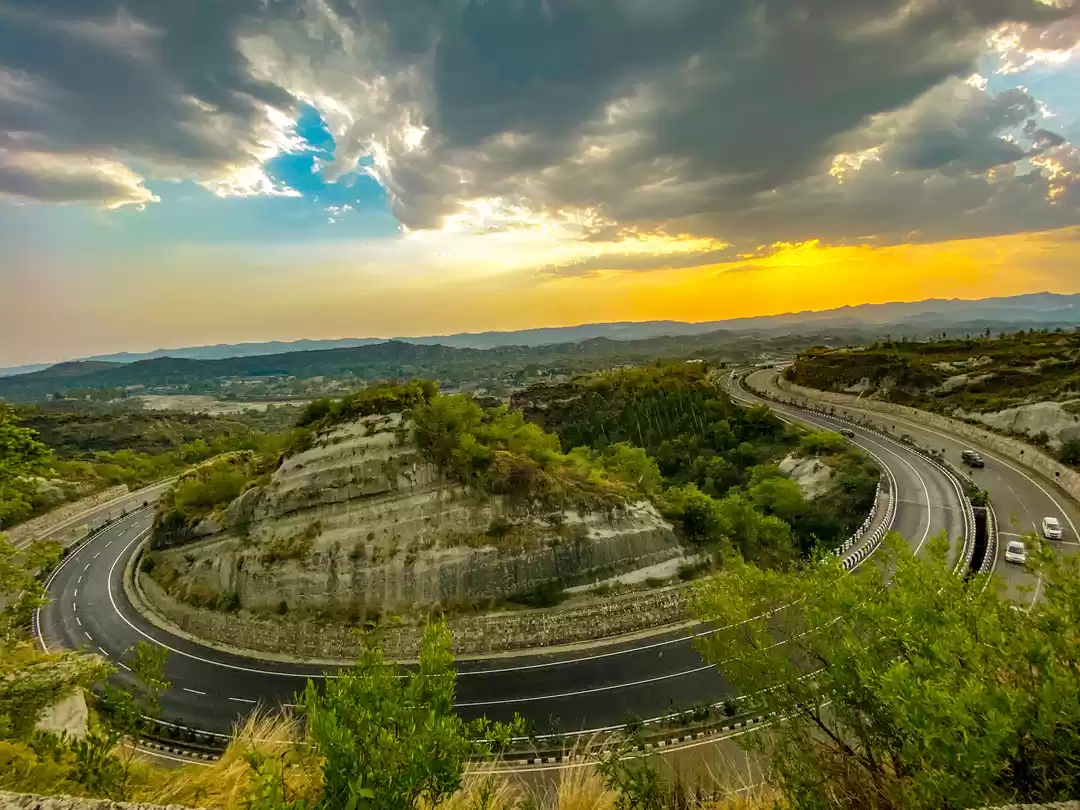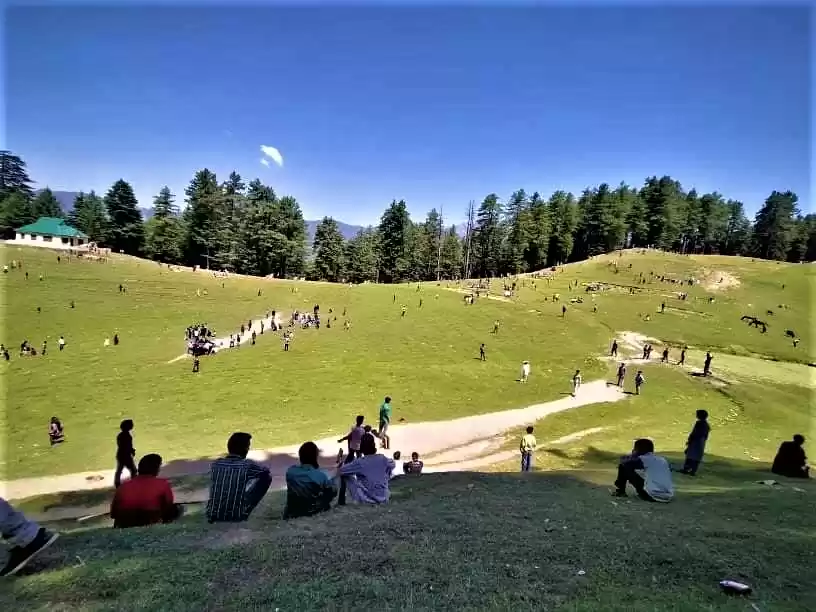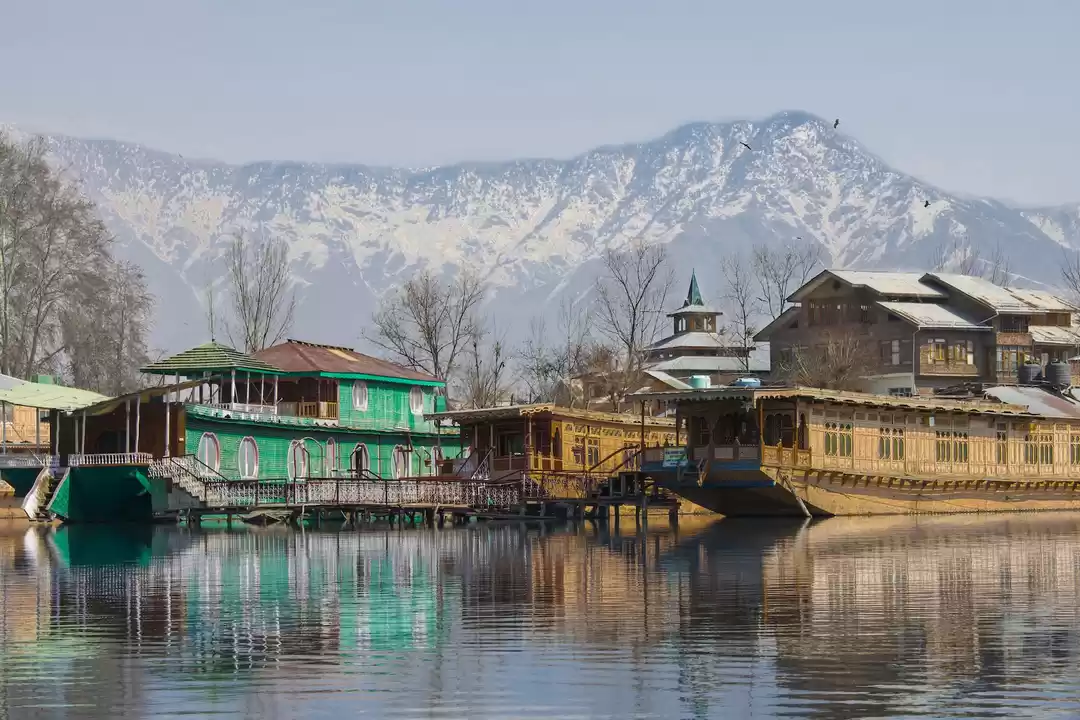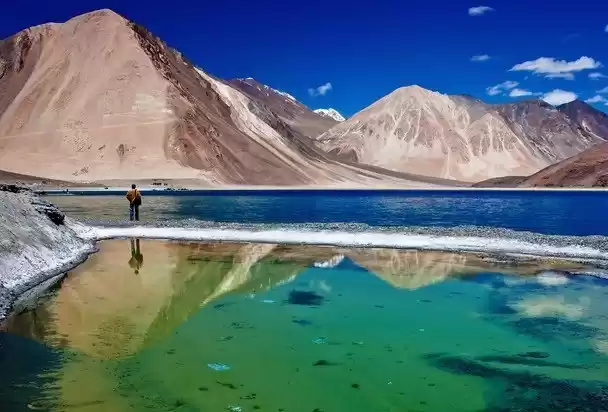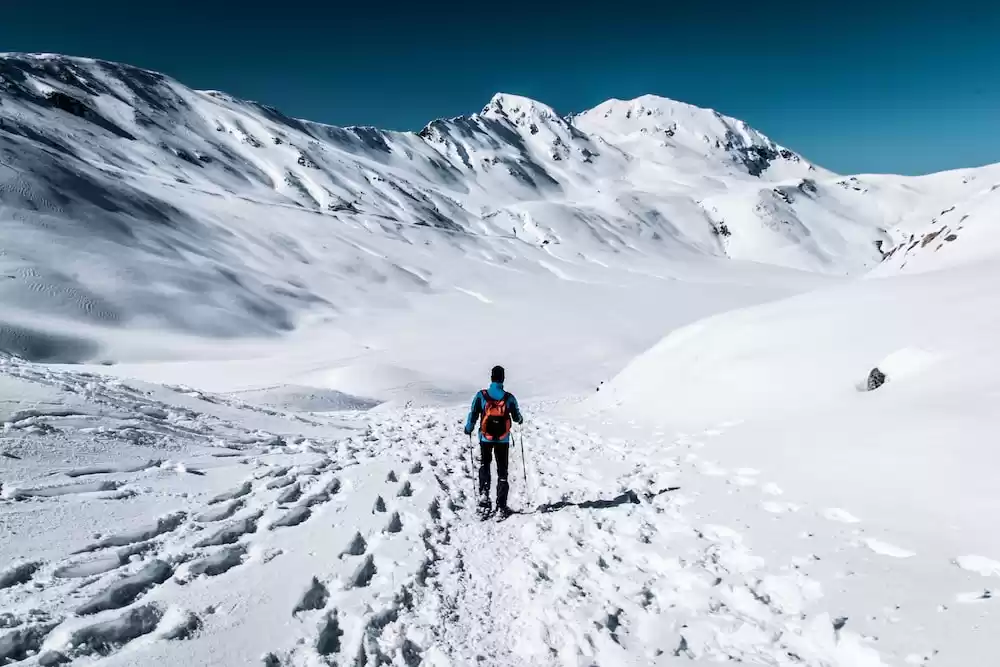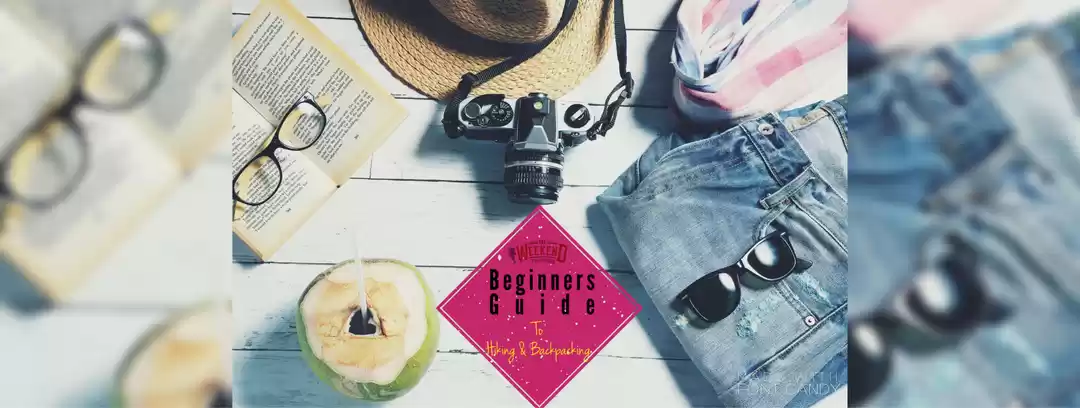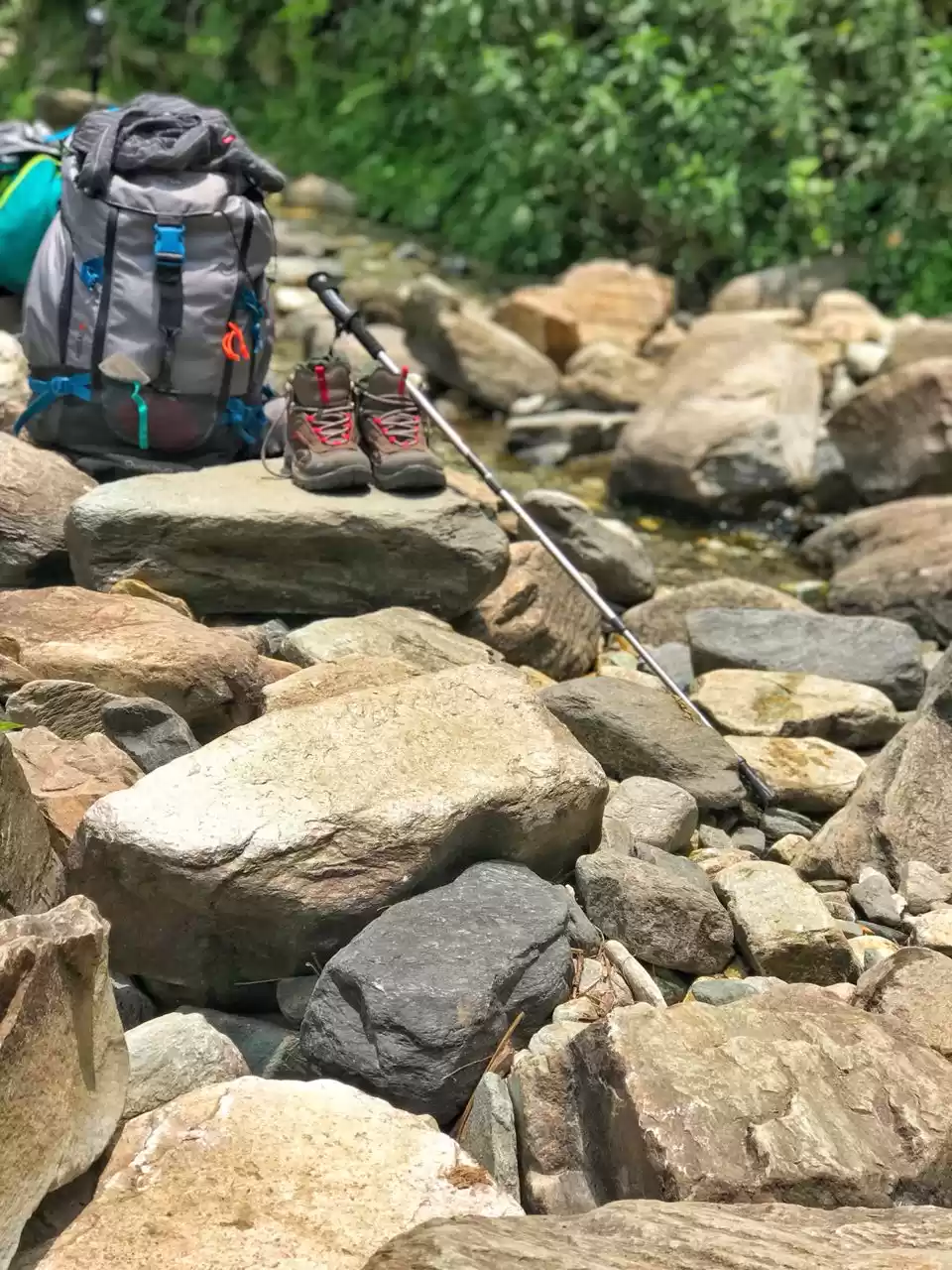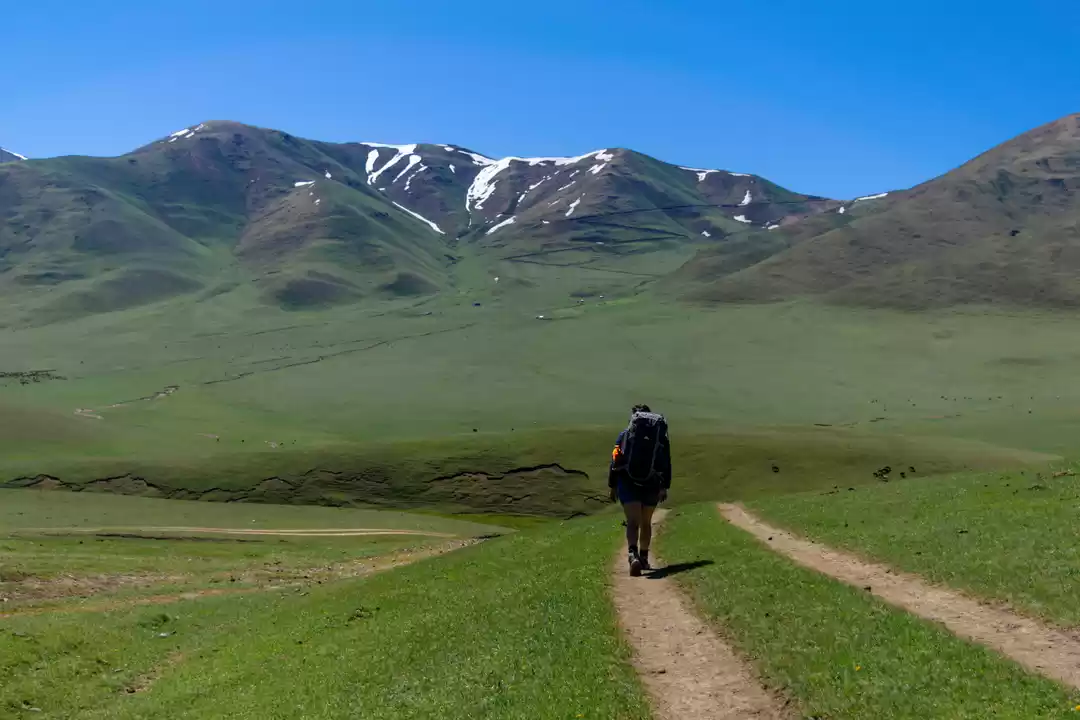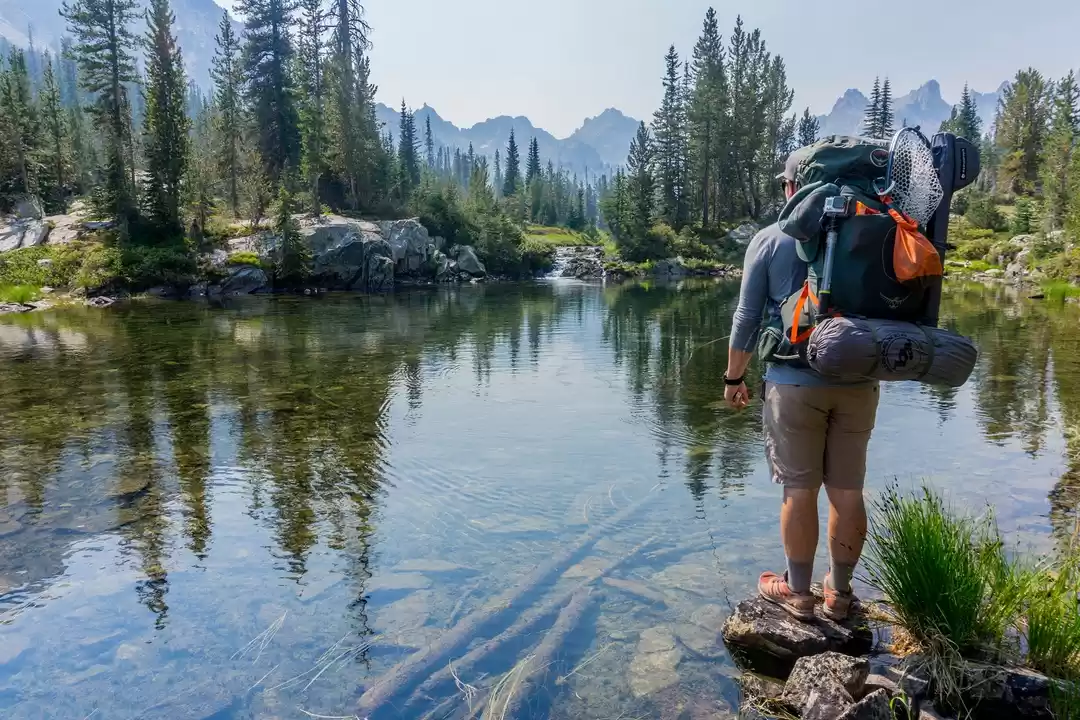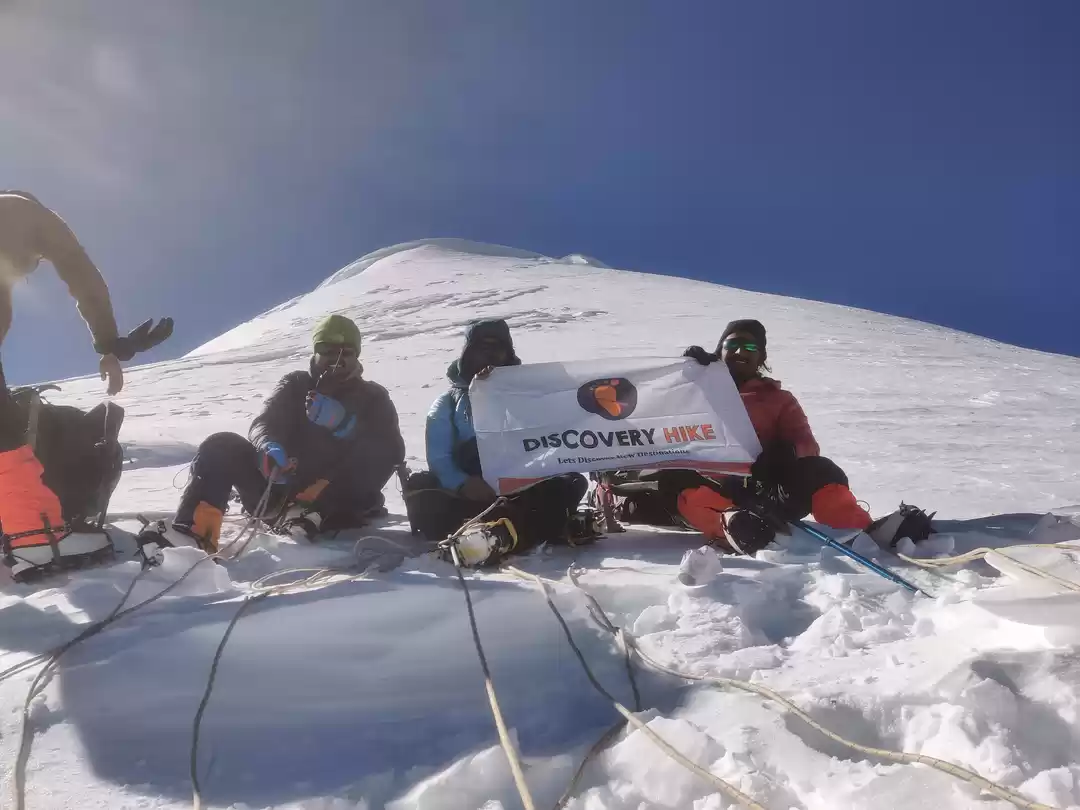
The call of a mountain is like gravity for my soul. Ruskin Bond was right when he said that once you have lived with the Himalayas for any length of time, you belong to them. There is no escape.
It's hard to explain to someone who hasn't spent time getting lost in the trails on how you fall in love with the silence, the solitude and become one with everything around you. Over the last 4 years, I have very been fortunate to spend time doing some beautiful high altitude treks including Goechala, Great lakes of Kashmir, Chadar, Kedarkantha and the Everest Base Camp.
The first time I went hiking, I overpacked, imagining all kinds of 'what if' situations. Slowly, I learnt what is necessary and what is not. The mountains teach you how to get rid of excess baggage, both literally and figuratively.
The point of writing this post is not to get philosophical, but to respond to a real need of new hikers. Every couple of months, I hear from someone who is attempting their first high altitude trek for suggestions on gear they should buy. So this post is an attempt to direct them to this link, so I don't have to repeat the same information multiple times.
This packing list is just right for a 6 night 7 day hike. Depending on whether you're doing a summer or a winter hike, you can tweak it. But before you read further, you should know that there are two broad styles of trekking - alpine and expedition. Alpine style is when you're carrying all your gear including your camp, food etc and do everything by yourself including pitching your tent and cooking your food. In expedition style hiking, you generally have a trek leader to guide you through the trail and porters to assist you for these tasks. This list is suitable for an expedition style hike and not an alpine hike.
So here it goes. Let me know what you think and if you have any suggestions, in the comments section.
1) Trekking shoes: Never buy poor quality trekking shoes. Buy high ankle ones to avoid injuries incase you fall and waterproof ones as it is quite likely that you'd be walking on water/in rain/snow conditions. Buy the shoes at least 3-4 weeks before a hike and walk around in them to 'break them in'. This is important as new shoes can get slippery on the trails.
Recommendation for men & Recommendation for women
2) Floaters/Sandals: You would use these around your campsite, as your feet would become sore if they are in trekking shoes all day.
Recommendation for men & Recommendation for women
3) Hiking Jacket: I would recommend investing in a good waterproof hiking jacket as this is what you'd be wearing pretty much everyday during your trek.
Recommendation for men & Recommendation for women
4) Down Jacket: This is important especially if you're going for a winter trek where you would experience sub zero temperatures.
Recommendation for men & Recommendation for women
5) Rain jacket/Poncho: Preferably buy something that's compact, so you carry it in your daypack or put it in the front pocket of your backpack. As soon as it starts raining or snowing, you should be able to pull this out quickly and wear it easily over your clothes.
Recommendation for men & Recommendation for women
6) 3 full sleeves dry fit t-shirts: Layering is the key to dressing in the mountains. Dry fit fabric helps absorb the sweat, keeping your clothes light and giving you movement as you hike.
Recommendation for men & Recommendation for women
7) Base layer: Very important to get a warmer or a base layer for top and bottom to keep you warm, especially in winter treks.
Recommendation for men & Recommendation for women
8) Fleece: You could wear a fleece without a trekking jacket when it's not so cold or wear it as one of the layers in the cold.
Recommendation for men & Recommendation for women
9) Muffler/Scarf: It's very important to keep the neck warm. The scarf can also be used to make a pillow when you're inside your sleeping bag. Will keep your head warm as you go to sleep.
Recommendation for men & Recommendation for women
10) Wool gloves: It's a good idea to start any trek with wool gloves when it's not so cold.
Recommendation for men & women
11) Snow gloves + liners: Snow gloves are necessary while hiking in winter/snow conditions. Liners help insulate the heat, so try to not skip them.
Recommendation for men & Recommendation for women
12) Woolen cap: Keeping the head warm at all times is very important. Keep your ears exposed, but the rest of your head and neck should be covered at all times.
Recommendation for warm cap & Recommendation for cap to protect from sun
13) 3 pair of trekking pants: Loose dry fit pants with lots of pockets work very well as you can put tissues, chocolates etc in them and take them out easily when you're hiking.
Recommendation for men & Recommendation for women
14) Overtrousers: You need these to wear on top of your pants when it starts raining or snowing. Make sure you buy ones with side bottom zippers, so they can be easily worn without removing your shoes.
Recommendation for men & Recommendation for women
15) Warm pants: This is important only for winter treks. You could get ski pants or pants with a thermal layer inside. Incase you don't want to buy these, you can simply wear your trekking pants over your thermals.
Recommendation for men & Recommendation for women
16) Socks (3 Cotton + 3 Woolen): Buy technical socks for hiking, which absorb sweat and keep you warm. Keep one pair of clean night socks that you wear inside your tent. Your socks start stinking after a while, so you don't want to take them inside your tent.
Recommendation for men & Recommendation for women
17) Cap/Hat: Wear a cap or hat during the day to avoid getting sunburnt and to protect yourself from the sun. Wear a warm cap to keep yourself warm in the evening or in cold conditions.
Recommendation for men & Recommendation for women
18) Sunglasses: Very important to carry as you can get snow blindness if you don't. The sun can be very strong in the mountains, so it's important to protect your eyes from UV rays.
Recommendation for men & Recommendation for women
19) Trekking poles: Some people like to hike with 1 and some with 2. Try walking with both options to see what you're more comfortable with.
Recommendation for men & women
20) Light Towel: Get a small dry fit towel to wash your face, as you won't be taking a shower during a trek.
Recommendation for men & women
21) 2 Water Bottles: Preferably one in which water stays warm and one filtering bottle for clearing your water of impurities.
Recommendation for Filtering bottle & Recommendation for Insulated bottle
22) Backpack + Backpack cover: 60 L is a good size for the backpack. Backpack cover is important to avoid your clothes getting wet in rain/snow conditions.
Recommendations based on your budget: Option 1 & Option 2
23) Daypack + Daypack cover: 30-45 L is a good size to get. This is necessary only for those who are offloading their backpack to porters. In your daypack, you'd carry your water, snacks etc - Things you'd need while you're hiking during the day.
Recommendations based on your budget: Option 1 & Option 2
24) Headlamp: There is no light after sun sets and you rely on your headlamp for everything from eating your food to making a trip to the toilet in the night.
Recommendation for men & women
25) Playing Cards/Uno: For those late night game sessions!
26) Sunscreen: You just can't go to the mountains without a strong sunscreen with a minimum of 50+ SF, unless you want to come back home sunburnt!
27) Deodorant: Carry a travel size one for a light backpack.
Recommendation for men & Recommendation for women
28) Moisturizer: Carry a hydrating moisturizer as your skin dries up quite a lot due to the cold conditions.
Recommendation for men & Recommendation for women
29) Soap: Soap paper is a good idea as you don't need a lot of soap during a hike.
30) Hand Sanitizer: You would leave your camp after breakfast and arrive at the next camp by tea time in the evening, which means you'll have your lunch during the day while hiking. This means you may not be able to wash your hands. So carrying a hand sanitizer in your daypack or pocket is a good idea.
31) Toilet paper: No pressure pipes in the mountains! Carry at least 2-3 rolls.
32) Shampoo sachets: After you're back from the hike and before you get on the plane/train/bus back home, it's a good idea to shower in the interest of your fellow passengers. Sachets occupy less space compared to a bottle and thus a better idea.
33) Toothpaste + Toothbrush: Carry all travel size toiletries
34) Chapstick: You definitely need this to avoid chapped lips. Avoid fancy ones as they don't do the job and most times freeze in the mountains. I have found the Himalaya lip balm to be the only chapstick that doesn't freeze in sub zero temperatures
35) Tissue papers: Good to carry at least 1 packet to clean plates and incase you get a running nose!
36) Face Wipes: It's very important to maintain hygiene since you wouldn't be taking a shower during the hike. A good practice is to clean your entire body with baby wipes in the morning before you change clothes. Carry at least 2 packets.
38) Food: Carry the following snacks to eat between meals, every couple of hours to maintain energy levels.
(a) Nuts: Almonds, walnuts, peanuts in a ziplock bag. Recommendation
(b) Energy Bars: Recommendation
(c)Miniature chocolates: Easy to carry in your pockets. Recommendation
39) Medicines:
(a) Diamox: A medicine taken to avoid high altitude sickness. You would need to start taking it a day before the trek and drink more water than usual if you decide to take it. There are pros and cons of consuming it, so the recommendation is to do your research before deciding whether you want to take it or not. Recommendation
(b) Water filtration Tablets: If you're uncomfortable drinking water from the naturals streams, you could carry water filtration tablets or water bottles which help filter the water. Recommendation
(c) Personal medicines: Carry a small medical kit with you at all times with basic meds like bandaid, bandage, crocin and combiflam. If you take any specific medicines for a medical condition, definitely carry them as well with you.
40) 5-6 plastic bags: These are super useful for creating sections in your backpack and to separate dirty linen from fresh clothes.
Some quick points before I end -
a) Most expedition style hikes provide for a sleeping bag and utensils to eat your food. Do check with the trekking company you're going with if these would be provided.
b) Weigh your bag and make sure it doesn't exceed 8 kgs for a week long hike and a maximum of 10 kgs for a 2 week week hike.
c) Finally, don't forget to carry your camera to capture the beautiful memories!
That's it! Get those backpacks out and hit the trails!




